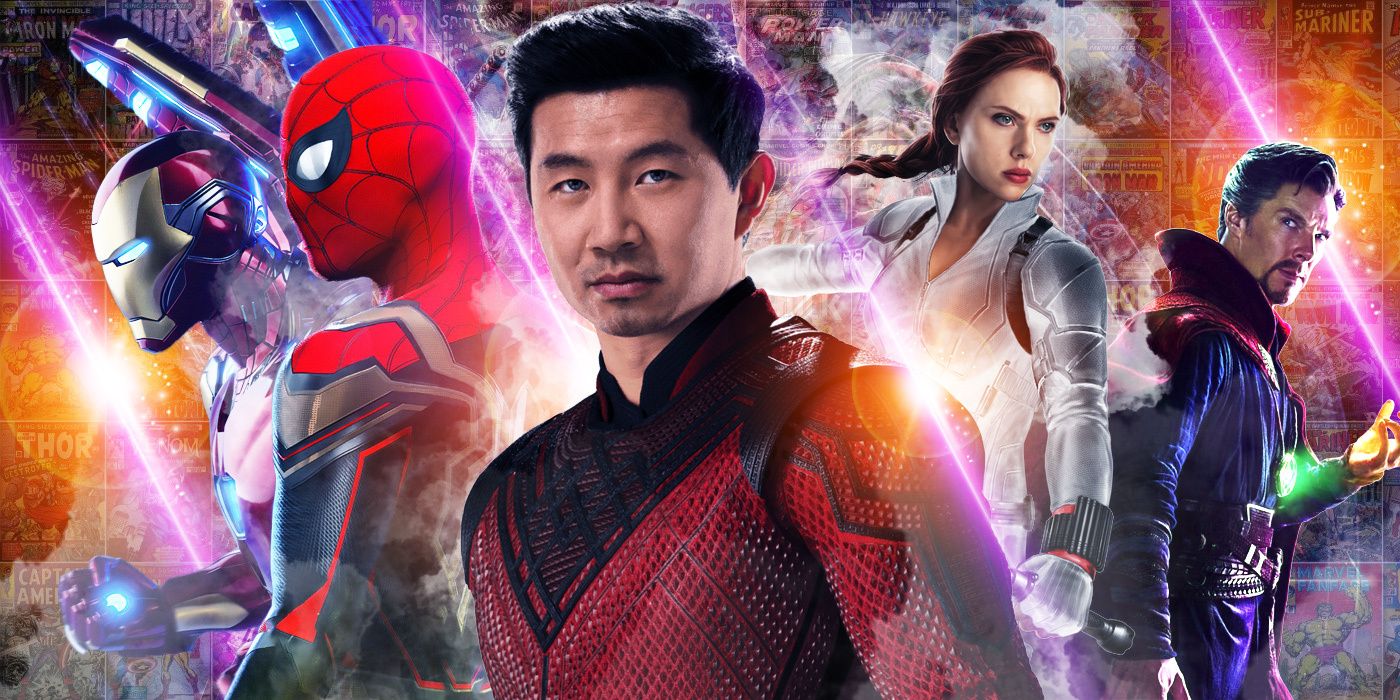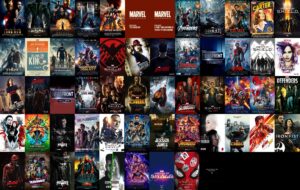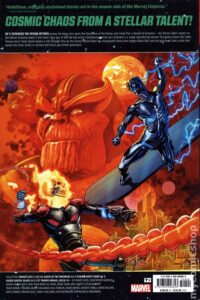Heroism Redefined: Unpacking the Evolving Notion in Marvel’s Cinematic Universe

- The Unbridled Magic Of MCU’s Latest Masterpiece
- Unmissable MCU Magic: 10 Compelling Reasons To Catch The Latest Film
- Why Marvel’s Latest Movie Is A Must-Watch For Comic Fans
- The Best MCU Movies For Family Viewing
- Why The MCU’s Latest Release Matters For Phase 6
The Marvel Cinematic Universe (MCU) has long been synonymous with heroism, with a plethora of iconic characters embodying the very essence of selflessness and courage. However, as the franchise continues to push the boundaries of storytelling, it’s intriguing to note how the concept of heroism has undergone a significant transformation in its most recent movies.
Gone are the days of traditional hero archetypes; the MCU has gradually introduced complex, multi-dimensional characters that challenge the status quo and blur the lines between right and wrong. This shift is not only a testament to the evolving nature of comic book storytelling but also a reflection of our society’s growing awareness of real-world complexities.
In movies like "Captain America: The Winter Soldier" and "Avengers: Endgame," the notion of heroism is delicately intertwined with the consequences of blind loyalty and the burden of responsibility. Characters like Steve Rogers and Natasha Romanoff must navigate the gray areas of their actions, confronting the harsh realities of their choices and the impact on those around them. This nuanced portrayal humanizes them, rendering them more relatable and, paradoxically, more heroic.
The Disney+ series and movies within the MCU, such as "The Falcon and the Winter Soldier" and "Spider-Man: No Way Home," further explore the evolving definition of heroism. Characters like Sam Wilson and Peter Parker find themselves confronting their own identity crises, grappling with the weight of legacy and the expectations placed upon them. As they struggle to come to terms with their newfound responsibilities, they redefine what it means to be a hero – not just in terms of grand, world-saving gestures, but in the quiet, personal moments of courage and sacrifice.
One of the most compelling aspects of this shift in heroism is the emphasis on vulnerability. Characters are no longer invincible; they’re fragile, flawed, and sometimes overwhelmed. This newfound emphasis on vulnerability serves as a poignant reminder that heroism is not solely the domain of the invincible, but a quality that can be cultivated by anyone, regardless of their abilities.
Moreover, the MCU’s recent movies have also subtly subverted traditional notions of heroism by presenting morally ambiguous characters as the heroes of their own stories. Characters like Loki, Sylvie, and the Winter Soldier – all of whom exist in the gray areas between heroism and villainy – force us to confront our assumptions about right and wrong. Their stories serve as a reminder that heroism is not mutually exclusive with imperfection and that even the most flawed characters can exhibit remarkable courage and resilience.
As the Marvel Cinematic Universe continues to push the boundaries of storytelling, it’s clear that the notion of heroism is evolving to reflect our changing understanding of the world. Heroism is no longer a static, monolithic concept; it’s a complex, multifaceted entity that exists on a spectrum, encompassing the many nuances and contradictions of human nature. As we look to the future, it will be exciting to see how the MCU continues to redefine heroism, challenging our assumptions and broadening our understanding of what it means to be a hero in the 21st century.




